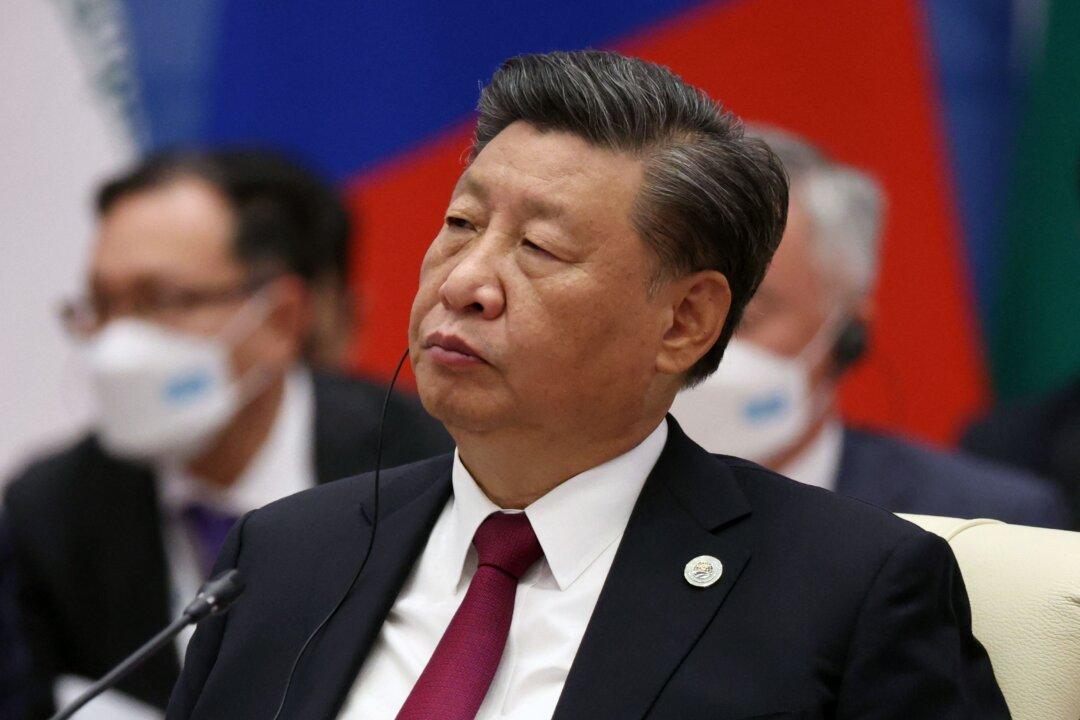More than a week ago, Chinese leader Xi Jinping embarked on a three-day trip to Central Asia to mark his sphere of influence. He has since been out of the public eye, skipping a high-level military meeting and the annual United Nations General Assembly.
With China only weeks away from its 20th National Congress, during which Xi is set to pursue an unprecedented third term, his absence has gone on long enough to attract attention from keen political watchers, with some even speculating that he has been placed under house arrest.





